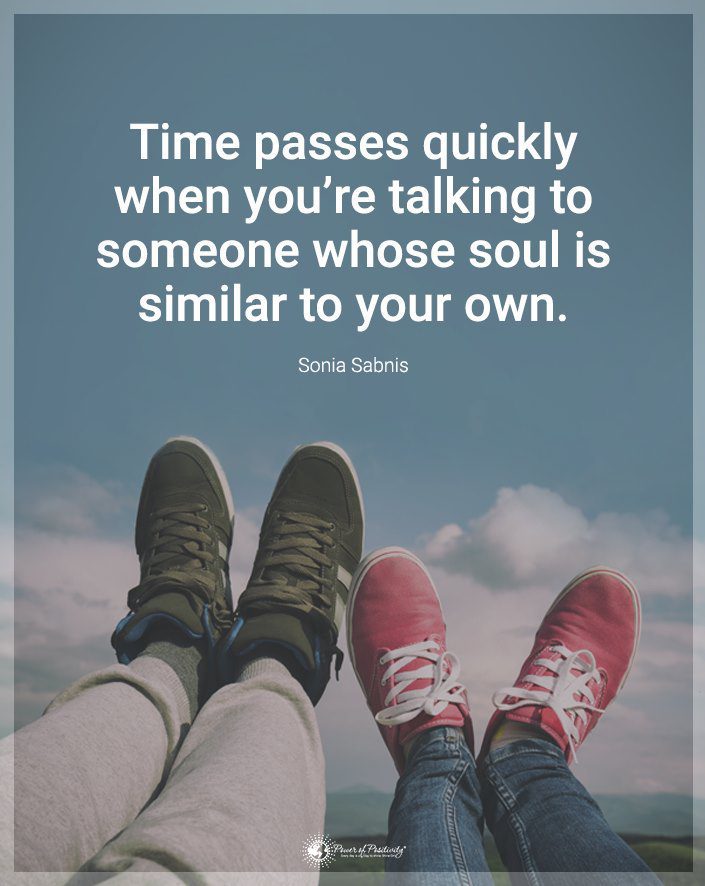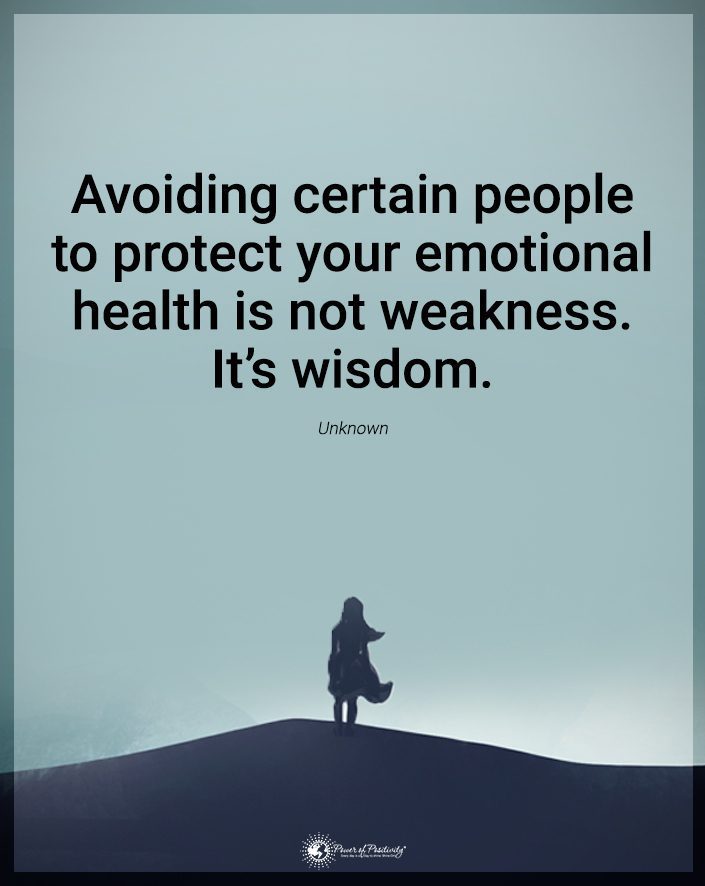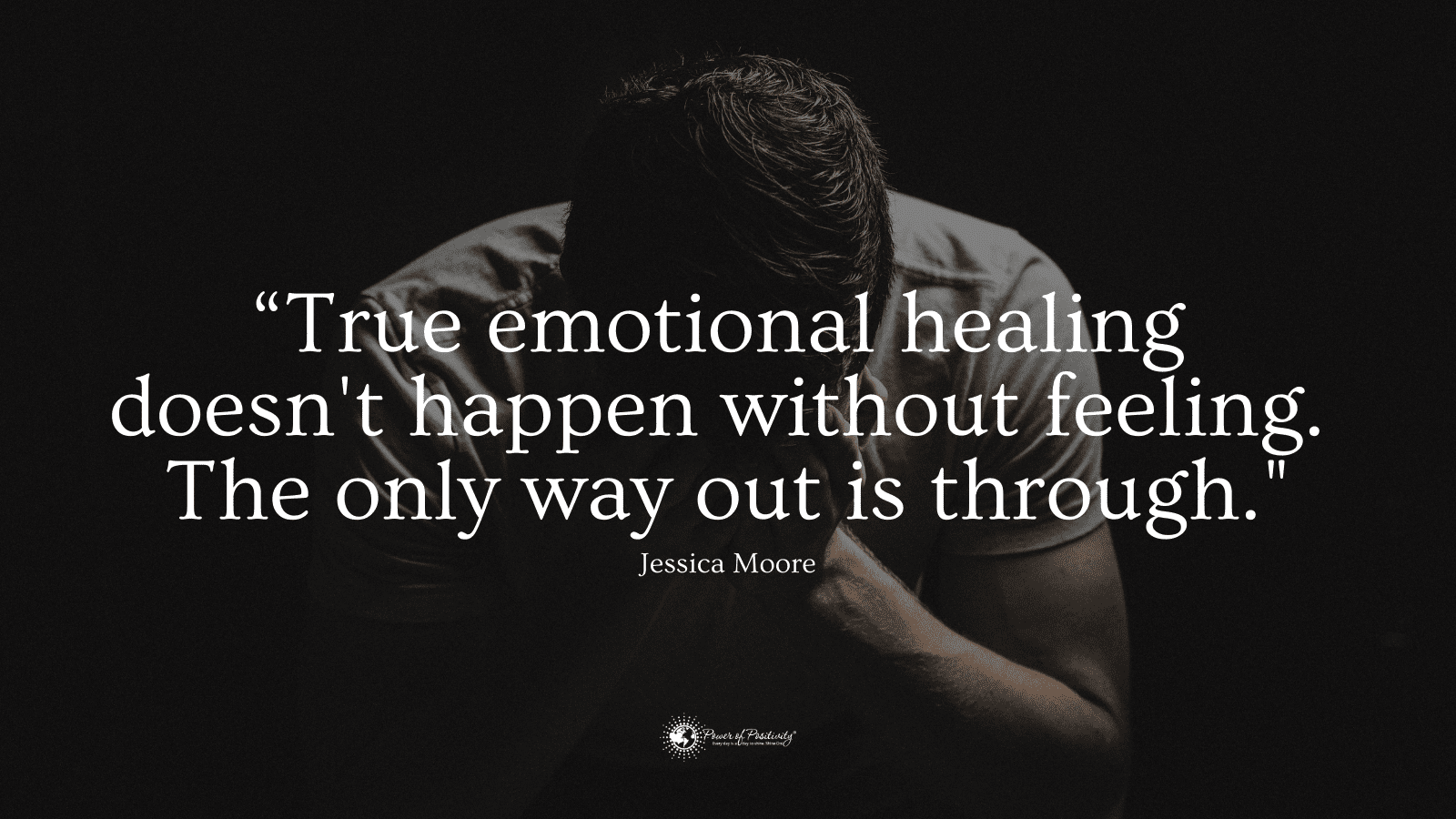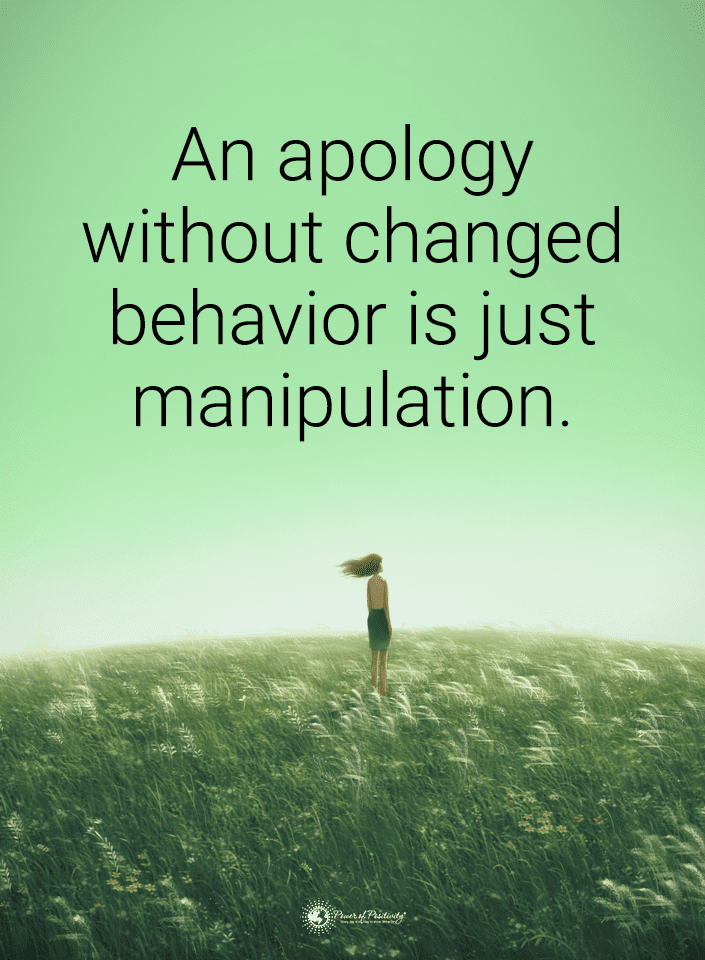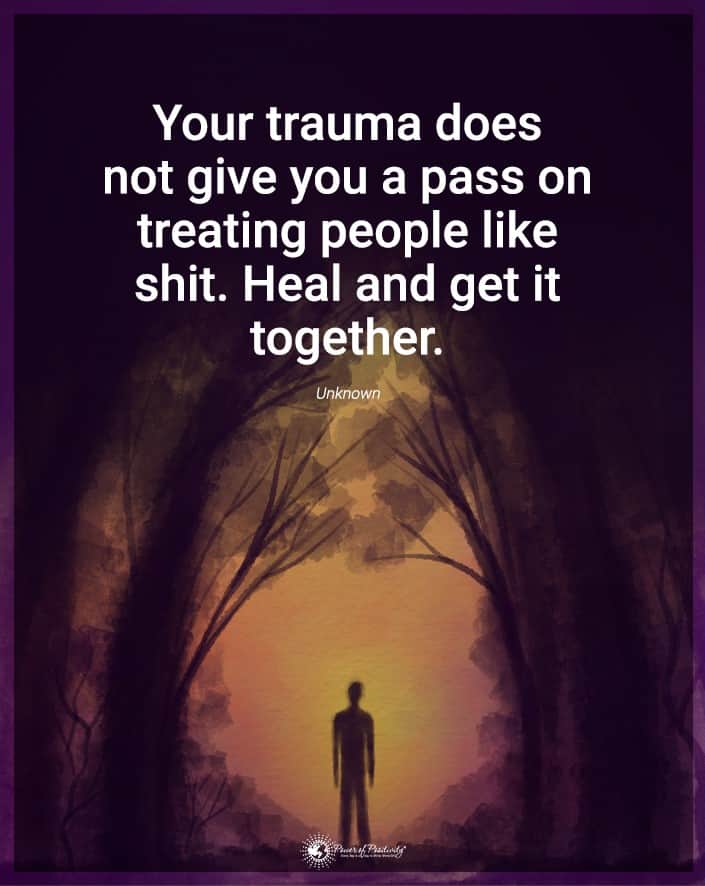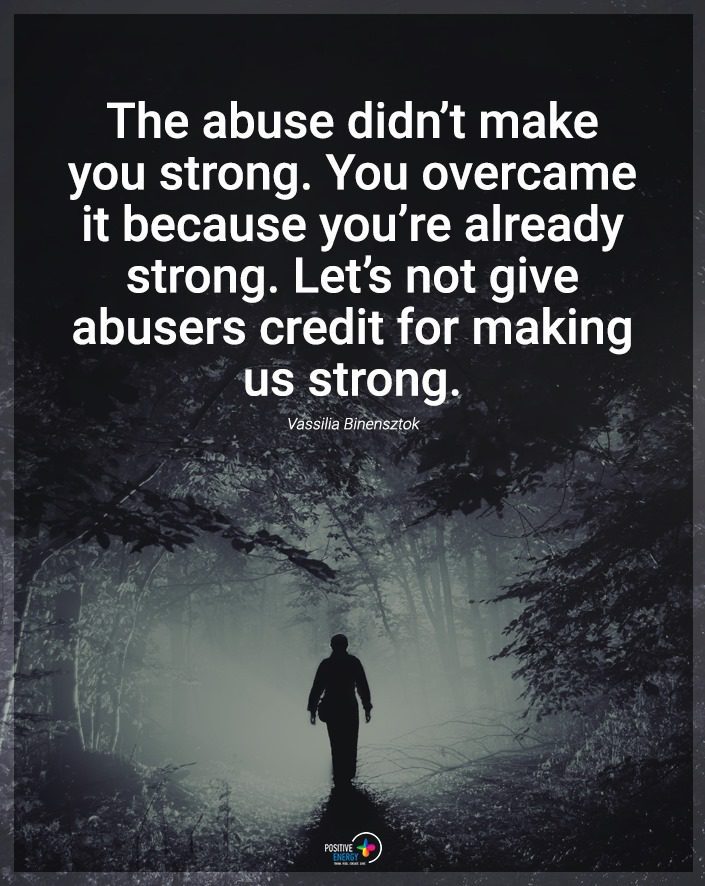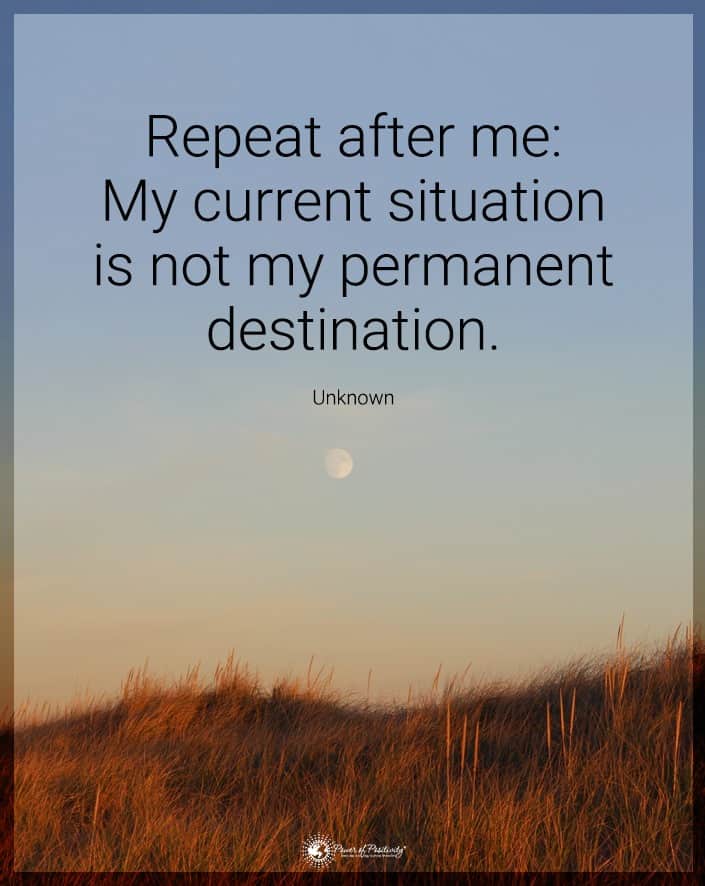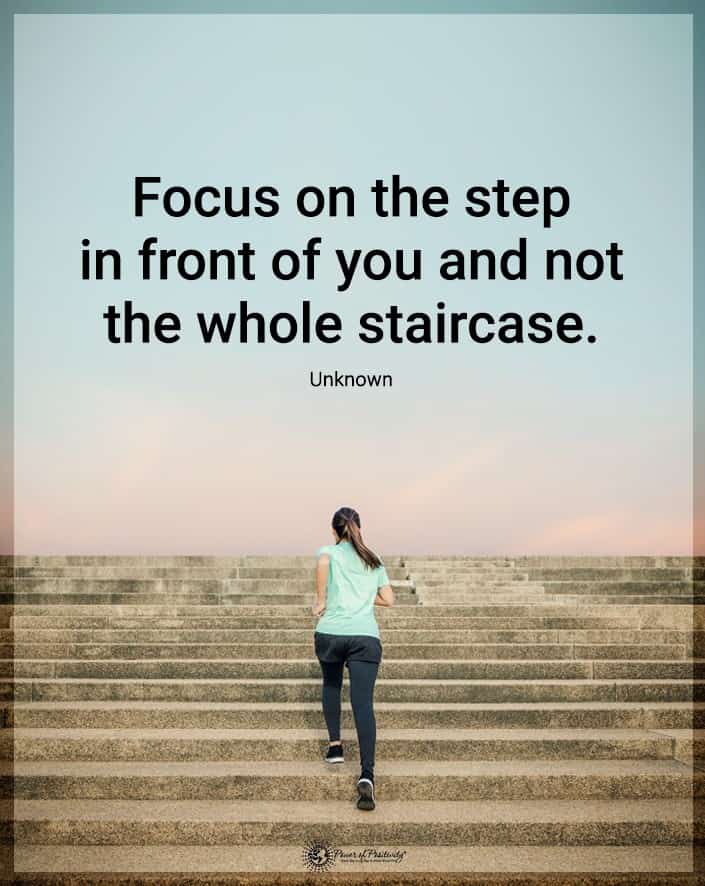Powerful biological and evolutionary forces dictate our attraction to others. However, most people can’t pinpoint what exactly makes someone attractive. They unconsciously feel drawn to certain personality types, physiques, or facial features. That’s evolution at work, trying to help you find an ideal mate to raise a family with.
It would be nice if a precise formula existed that helped explain our attraction to people. But the psychology behind why we desire certain people isn’t that simple.
Many factors play a role in physical and emotional attraction, such as hormones, similar personalities, and even the person’s voice. Dr. Claire Hart, an associate professor of social and personality psychology, explains five significant attraction predictors below.
What Makes People Attractive?
1. Physical Attractiveness.
Not surprisingly, physical attraction plays the most significant role in the initial stages of a relationship. After all, we often judge someone quickly at first, and we naturally feel drawn to specific attributes.
Personality matters too, but evolution guides us to choose visually appealing partners by default. Whether or not we realize it, we pick someone based on their ability to pass desirable genes to offspring.
Therefore, we are attracted to characteristics such as masculine bodies or feminine jawlines. Research shows that men prefer females with softer facial features, such as a small jaw, wide eyes, and high eyebrows. Other studies reveal that men are most attracted to women with a lower waist-to-hip ratio, indicating excellent fitness and fertility.
On the other hand, women may prioritize partners with broad shoulders, a firm grip, and a high level of physical fitness. Also, on average, women tend to feel more attracted to men taller than them.
Generally, people choose partners based on how healthy they perceive them to be. Evolutionarily, the greater the attraction, the more likely your partner will have favorable genes.
2. Proximity Increases Attraction.
Another important yet overlooked aspect of attraction is how often you see someone. Basically, the more you cross paths with a person, the greater your chances of feeling a connection with them. Proximity helps reduce the options for potential mates, according to Hart. And, seeing someone regularly is enough to feel attracted to them.
This makes sense if you consider how we met prospective partners in the past. Before the technological revolution, we could only meet people in person. Most of the time, this happened at work or school, where the pool of potential partners would have been much smaller. In today’s world of online dating, people have become overwhelmed with choices. Therefore, they might prioritize different characteristics than they would by meeting someone in real life.
So, if you want to narrow your options, skip the dating apps and try meeting people the old-fashioned way. By frequenting your favorite coffee shop, for instance, you’re bound to strike up an interesting conversation with a love interest eventually.
3. Similarity, Reciprocity, and Familiarity Inform Attraction.
As they say, birds of a feather flock together, which holds true when it comes to romantic relationships. Our attraction to others increases with similar personalities, beliefs, values, and physical characteristics. We also tend to choose people with similar socioeconomic, cultural, and educational backgrounds. Perhaps that seems a bit egotistical, but evolution also plays a role in this tendency.
A study published in Proceedings of the National Academy of Sciences provided evidence for the theory. It found that spouses tend to share some genetic similarities. Other research published in Psychological Science discovered that it is easier to trust people who look similar to us.
Perhaps we feel a stronger attraction to people most like us because it helps validate our values and personalities. Hart says this idea comes from the reciprocity theory, which states that you’re more likely to be accepted by those similar. Therefore, to lower the risk of rejection, we naturally seek out people we perceive as “safe.”
Historical context about physical attraction
Attraction to others also stems from our desire for the familiar. In ancient times, sticking with your tribe kept you safe from threats and helped increase your chances of survival. This same evolutionary tactic may still play a role in our relationships today. Hart says we instinctively pick people who seem predictable and familiar because it reduces the likelihood of conflict.
Humans naturally want to choose the path of least resistance. That means we desire partners that make life easier and more enjoyable. While opposites attract in some cases, people with too many differences may have more disagreements. In general, our attraction increases based on how much we have in common with someone.
However, Hart concludes that the psychology of attraction varies widely depending on many factors. Evolution, upbringing, genetics, environment, and personal preferences play a role in our chosen relationships.
Remember to express gratitude for the person you’ve got and make the most of each moment. We never know what tomorrow brings, so we must live in the present and hold our loved ones close. Attraction deepens with empathy and understanding, and after many years with your partner, it will blossom into a lifelong friendship. You’ll have many ups and downs together, but true love stands the test of time.
Final Thoughts on the Psychology of What People Find Attractive in Potential Partners
Psychologists and social scientists have studied attraction for many years and still haven’t found the answers. It’s a complex topic that doesn’t have a universal formula to measure or understand what makes people attractive. Physical characteristics, similarity, familiarity, and proximity to a love interest increase desire. Hormones and genetic factors also come into play when someone chooses a partner to settle down with.
Psychologists have found that personality matters as much as physical traits regarding attraction. We tend to find attractive people with similar beliefs, values, and attitudes about life. Do you find this to be true about your life partner? Let us know in the comments!

